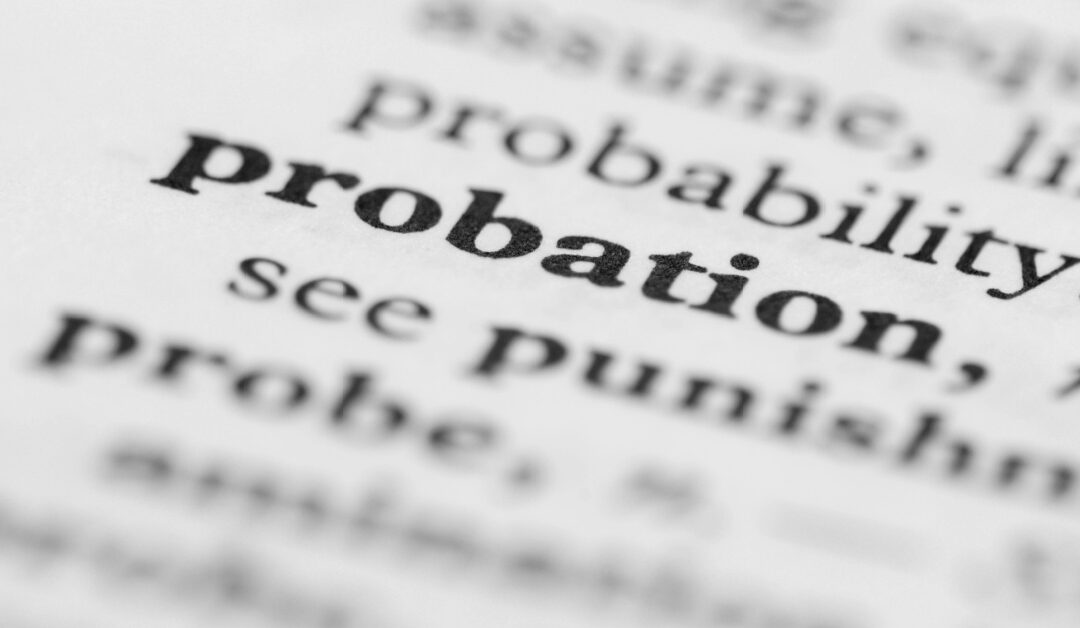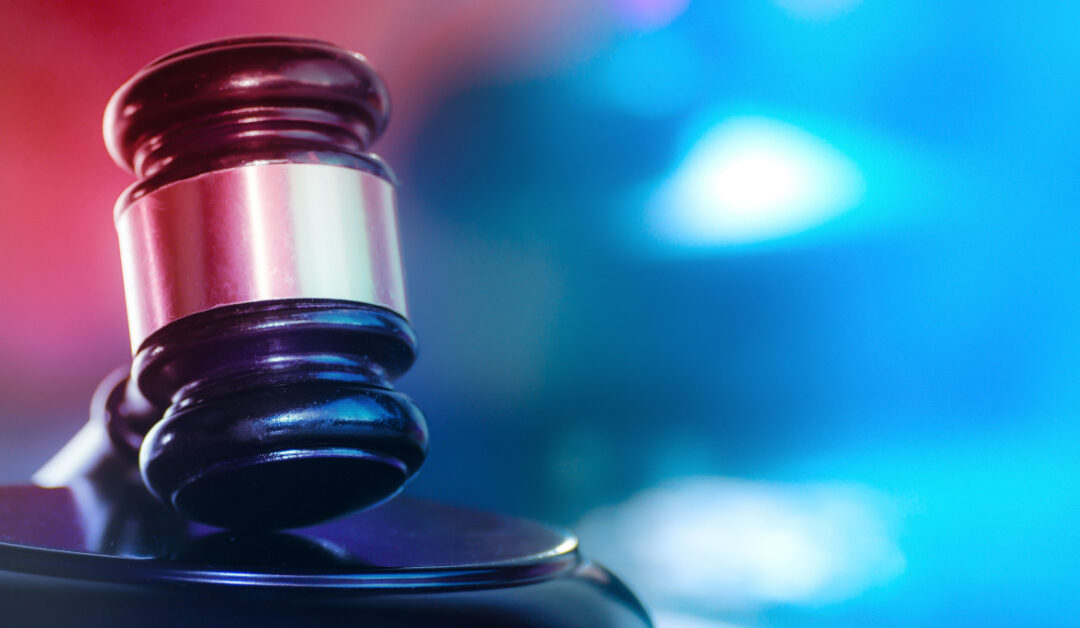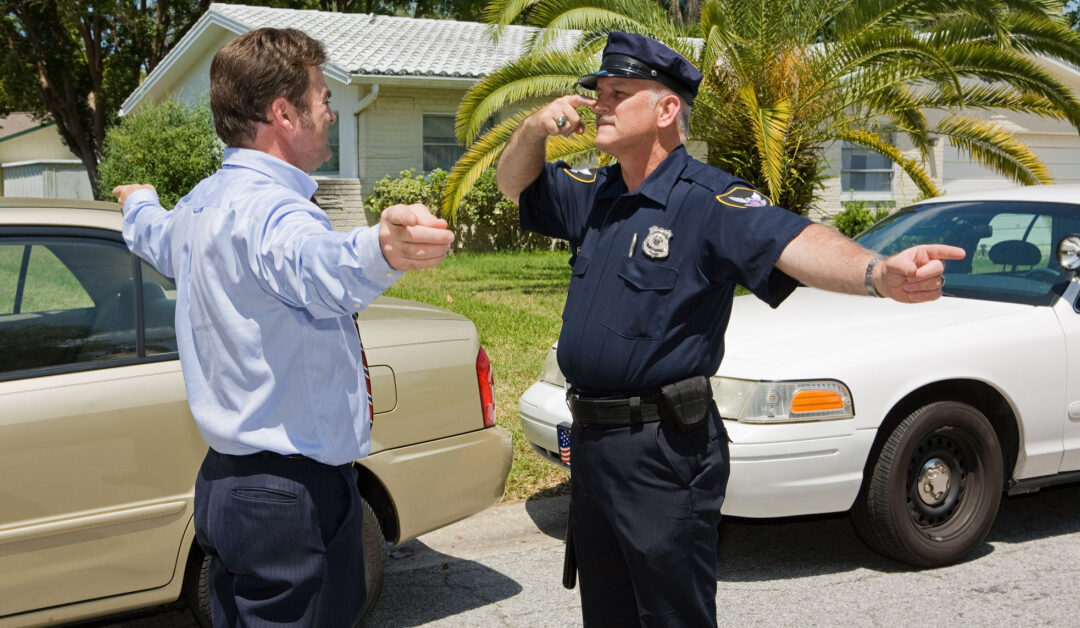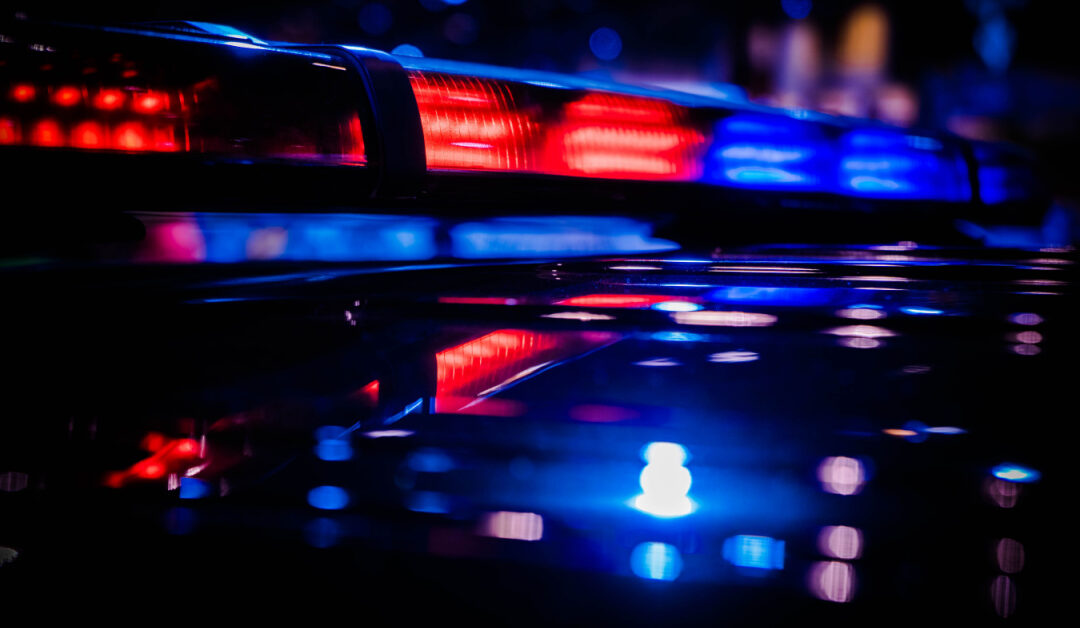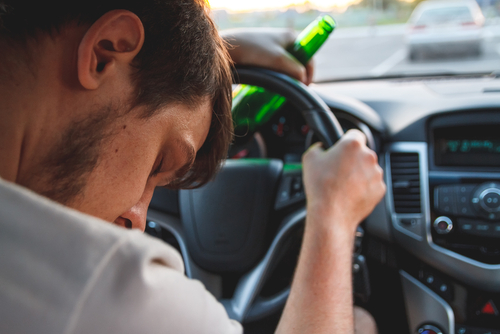
DUI Plea Bargains in South Carolina: When Can (and Should) You Seek One?
Any time you are facing a DUI charge in South Carolina, there is a risk that you could face the maximum penalties allowed based on your level of impairment and your criminal record. But you also have options for avoiding this outcome. Under no circumstances is a conviction guaranteed, and while avoiding a conviction isn’t guaranteed either, there are several ways to minimize your risk following a DUI arrest.
One of these ways is to seek a DUI plea bargain.
Accepting a plea bargain in your South Carolina DUI case will result in a reduced charge or a sentence below the statutory maximum. When you hire an experienced DUI lawyer to represent you, your lawyer will advise you regarding which option makes the most sense based on the specific circumstances of your case. You can then use your lawyer’s advice to make an informed decision, and if you decide to seek either type of plea bargain, you can rely on your lawyer to negotiate with the prosecutor’s office on your behalf.
Understanding What it Means to Seek a Plea Bargain in a South Carolina DUI Case
Before we talk about when you can (and should) seek a plea bargain, we first need to talk about what it means to seek a plea bargain in a South Carolina DUI case. Many things need to be clarified about plea bargaining, and with everything you have at stake in your DUI case, you must make informed decisions.
So, what is a plea bargain?
A plea bargain is an agreement with the prosecutor’s office subject to a judge’s approval. If you negotiate a plea bargain, your lawyer and the prosecutor handling your case will draw up the paperwork needed to seek the judge’s approval. If the judge approves, the terms of your plea bargain will become final.
A “plea” is a crucial aspect of a DUI plea bargain. To resolve your case without going to trial, you must enter a guilty plea to DUI or another offense. Typically, DUI plea bargains in South Carolina involve either:
- DUI with Reduced Penalties – In some cases, negotiating a plea bargain will ensure you do not face the maximum possible penalties for your DUI. For example, since all DUI charges carry the potential for jail time, one goal with this type of plea bargain will typically be to stay out of jail. However, you can (and generally should) seek other concessions in exchange for your guilty plea.
- A “Wet Reckless”—The other primary type of DUI plea bargain in South Carolina involves pleading guilty to reckless driving, which is commonly referred to as a “wet reckless” since it involves alcohol consumption. Reckless driving convictions have far fewer consequences than DUI convictions, so this can be a favorable option for those who are unlikely to be able to avoid a conviction entirely.
To reiterate, accepting a plea bargain means pleading guilty—and this is not a decision to be made lightly. As we have discussed, you should never plead guilty unless you do so in connection with a plea bargain as we have also discussed previously, pleading “no contest” can have similar consequences. Again, your lawyer can help you make informed decisions, and to ensure that you are not taking on unnecessary risks or agreeing to unnecessary consequences, it is essential to have an experienced lawyer representing you throughout the process.
When Does a DUI Plea Bargain Make Sense?
Now that we’ve covered the basics of plea bargaining, when does it make sense to seek a plea bargain in a DUI case in South Carolina?
There are two main factors to consider when deciding whether it is in your best interests to seek a plea bargain:
1. Are You Likely to Get Convicted of DUI if You Take Your Case to Trial?
You should only consider a plea bargain in your DUI case if you will likely face a conviction at trial. If you have a strong defense for your DUI, then seeking to have your charge dismissed will generally be the better option. Some examples of strong defenses to DUI charges include:
- You weren’t driving under the influence
- There are issues with your blood alcohol concentration (BAC) reading and/or other key evidence
- The police stopped you without reasonable suspicion or arrested you without probable cause
- Prosecutors are withholding material evidence that favors your defense
- Prosecutors don’t have enough evidence to prove your guilt beyond a reasonable doubt
Regardless of whether you were driving under the influence, it is essential not to make any assumptions about your available defenses. To determine whether you have viable defenses to your DUI charge, consult an experienced DUI defense lawyer promptly.
2. Do You Have a Better Alternative to Plea Bargaining?
When you consult with an experienced DUI defense lawyer, your lawyer will also be able to help you understand if you have a better alternative to plea bargaining. For example, if this is your first DUI, you may qualify for pre-trial diversion. If you qualify for pre-trial diversion and complete the program successfully, your DUI will be dismissed regardless of the facts of your case. This keeps your record clean and allows you to avoid penalties entirely, which will be preferable when entering into any type of plea bargain in nearly all cases.
Discuss Your Case with an Experienced DUI Defense Lawyer in Rock Hill, SC
Are you facing a DUI charge in South Carolina? If so, it is critical to ensure you are making informed decisions. To find out if seeking a plea bargain is your best option, contact us today. Call 803-328-8822 or tell us how we can reach you online to schedule a free and confidential consultation with an experienced DUI defense lawyer in Rock Hill, SC, as soon as possible.

